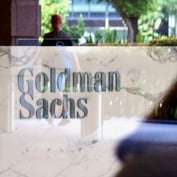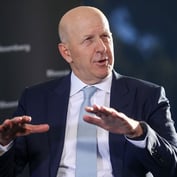By
Despite the growing power of the Internet, “kitchen table” meetings with prospects and clients are still a vital part of selling life insurance and financial products. This is because face-to-face contact, often in the clients home or office, is a big part of building a sound relationship. For many companies, this means that a network of agents and brokers, able to develop these relationships, will continue to play a significant role.
Because these agents/brokers are independent business people and also sell other companies products, a key to success in this industry is making sure your agents and brokers are actually selling your products, not those of a competitor. The volume of the agent/brokers sales is important, but even more essential is their loyalty to your company. This can be measured in terms of sales volume, percent of their business they write through your company, sales growth over the previous period and any combination of these criteria.
How you measure loyalty depends on what the objectives are and how easily you can monitor these parameters with your agents/brokers.
Short of sending a representative along on every sales call, companies cannot be sure their products are receiving adequate representation. But somehow they must.
Many companies have tried to build loyalty through offering higher commissions, and rebates at the end of the fiscal period. They develop Agent- or Broker-of-the-Year awards, membership in the “Presidents Club” and the like, prizes, and reward travel.
While these have their place and may be necessary to compete, they arent particularly effective. There are three main problems with this approach:
*Such incentives are easily duplicated and surpassed by the competition–with the click of a mouse, competitors can offer the same or higher commissions, more luxurious Bahamas cruises and more gas barbecues as prizes. It becomes a race, and the company that spends the most money, wins.
*These incentives do not help agents/brokers get better at meeting their clients needs. Even if agents/brokers are force-fed some sales training along with their banana daiquiris on the cruise liner, retention of these skills is not the best.
*They offer no sustainable, ongoing advantage–if a company cuts commissions, agents/brokers start moving their support to its competitors. Its like a motorcycle–unless its fuel supply continues to keep it moving, it falls over.
So, how can you increase agent/broker loyalty in a way that is ongoing, helps your representatives be more productive, and is not easily matched by your competitors?
Start by analyzing your agent/broker force, to determine the individuals motivations.








 March 31, 2002 at 07:00 PM
March 31, 2002 at 07:00 PM










